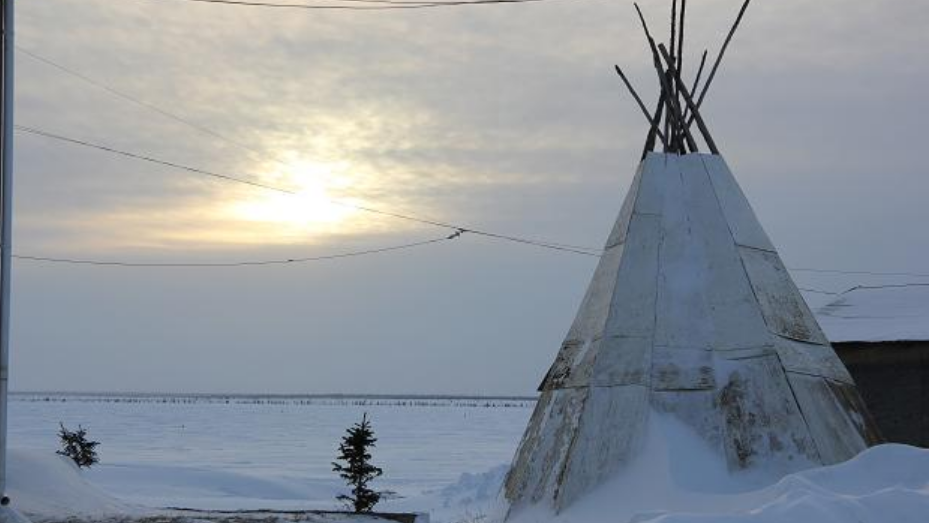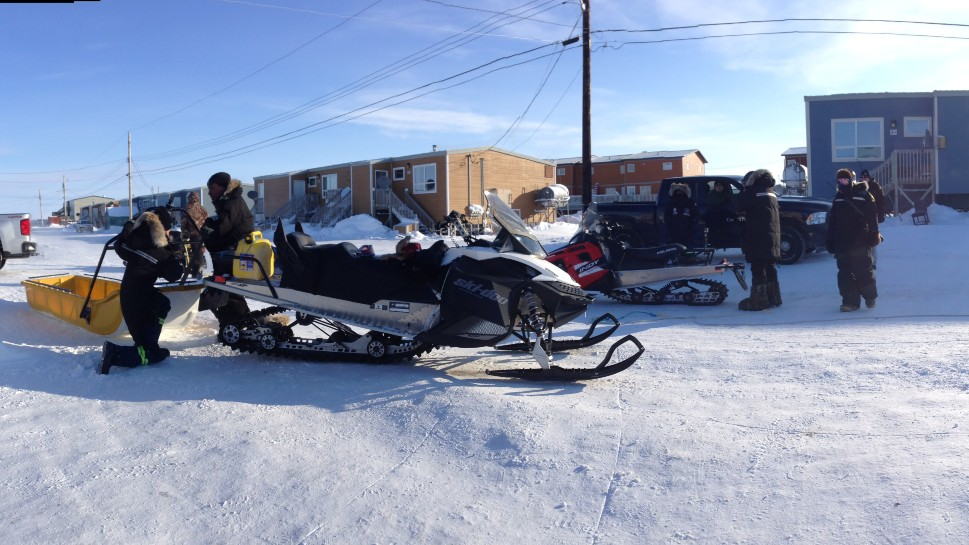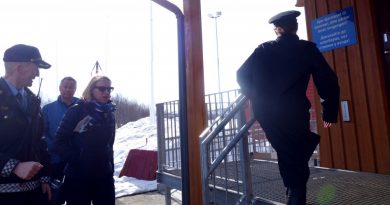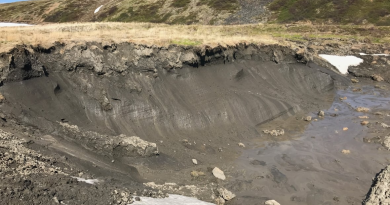Indigenous tourism in Canada gets $35M a year in push to rebuild the industry

The Indigenous Tourism Association of Canada (ITAC) unveiled a new operational plan on Thursday, backed by a seven-year, $35 million-a-year funding deal — an initiative supported by private investors through a Social Impact Bond.
“This new funding marks an important step forward and reflects both the resilience of the Indigenous tourism industry and the growing demand for Indigenous experiences across Canada – from coast to coast to coast,” ITAC president and CEO Keith Henry said in a statement.
“Despite global uncertainties, including U.S. tariffs, ITAC remains committed to supporting our 1,300+ members and advancing one of our most ambitious operational plans to date.”
COVID-19’s wrench in Indigenous tourism growth
Indigenous tourism in Canada had its best year in 2019 before being hammered by COVID-19 when the pandemic was declared in March 2020.
The industry has yet to fully recover to pre-pandemic levels, especially in the Yukon, Northwest Territories, and Nunavut, and the North.

And despite the creation of new businesses, and an increase in domestic and international consumer interest, tourism volumes—both international and domestic—remain below expectations.
In 2018, Indigenous tourism in Canada brought in $1.7 billion. But buy 2023, that number had dropped to $1.3 billion — a 24 per cent decline. Employment also fell, though the sector still supported more than 34,700 jobs last year.
The new plan outlines how ITAC will try to turn things around, with targeted investments across marketing, business development, workforce training, and major tourism infrastructure.
- $8M tied to an accreditation program
- $6M+ for marketing, media, and trade events
- $5M for workforce development to tackle labour shortages
- $3M+ for partnerships with provinces and territories
- $1.8M to support annual International Indigenous Tourism Conference
- $1M for Indigenous Tourism Heritage Fund for large-scale projects
The plan comes as ITAC marks 10 years of operations.
By 2030, the group is aiming for 60,000 jobs and 2,700 Indigenous tourism businesses nationwide.
More info is available at indigenoustourism.ca .
Comments, tips or story ideas? Contact Eilís at eilis.quinn(at)cbc.ca
Related stories from around the North:
Canada: $1M CanNor investment looks to boost First Nations-led economy, tourism projects, Eye on the Arctic
Finland: Not-so snowy start to winter casts a gloomy shadow over Lapland tourisms, Yle News
Greenland: New Copenhagen-Kangerlussuaq flight aims to boost Greenland tourism, Eye on the Arctic
Iceland: Iceland moving ahead on better ways to manage tourism & safeguard protected areas, Eye on the Arctic
Sweden: Reindeer herding affected by increased tourism in Swedish mountains, Radio Sweden



